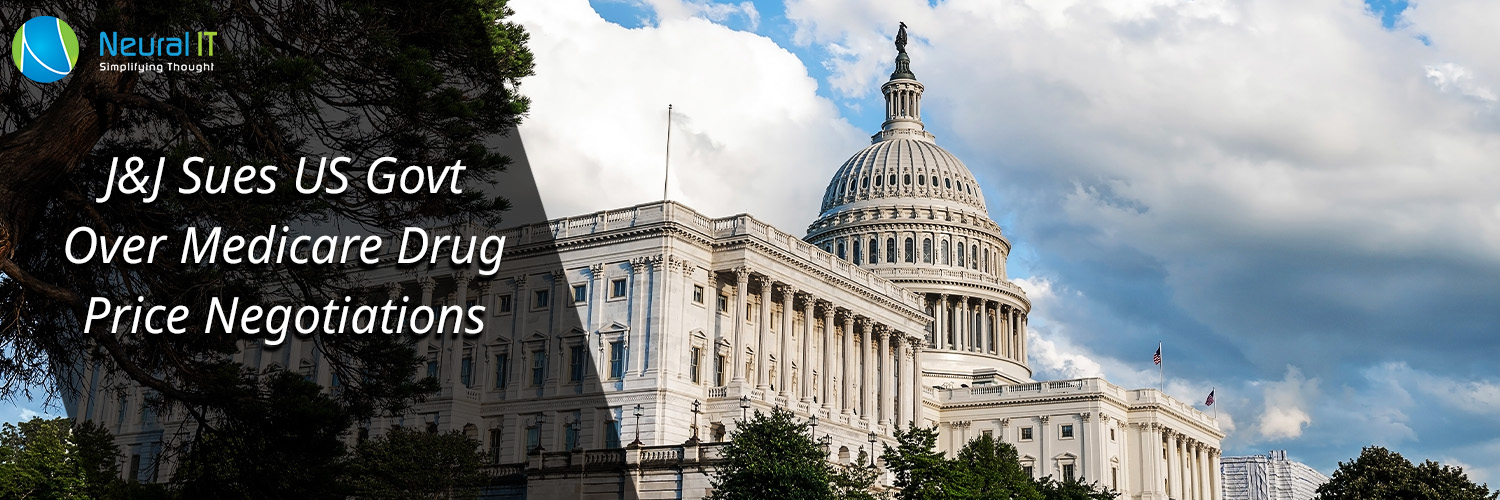J&J Sues US Govt Over Medicare Drug Price Negotiations
J&J Sues US Govt Over Medicare Drug Price Negotiations

Introduction
Johnson & Johnson filed a lawsuit against the federal government, making it the latest producer of opioid drugs to try to stop a policy that allows the Medicare government health insurance plan to bargain for cheaper medication pricing.
The pharmaceutical industry claims that President Joe Biden's centerpiece inflation reduction act law's medication price negotiating program would reduce earnings and force drugmakers to halt the development of ground-breaking new therapies.
The Biden administration intends to save $25 billion annually by 2031 by letting Medicare negotiate pricing for some of the most expensive medications used by its beneficiaries, who are 65 and older, despite the fact that Americans spend more on prescription drugs than any other nation.
The first 10 pharmaceuticals to be the subject of talks with new pricing slated to go into effect in 2026 are anticipated to be chosen by the U.S. Centres for Medicare and Medicaid Services (CMS) in September.
We will vehemently defend the President's medication price negotiating bill, which is already assisting in bringing down the cost of medical care for the elderly and those with disabilities, as the Secretary has previously made clear. According to a statement from the U.S. Department of Health and Human Services, the law is on our side.
The complaint was submitted to the District of New Jersey U.S. District Court by the pharmaceutical division of J&J, Janssen. It makes the same claims made in the other cases that are linked to it, claiming that the program is unlawful and amounts to "confiscation of constitutionally protected property."
According to a statement from the firm, the government is pressuring Janssen to provide its cutting-edge, patented medications at costs that are required by law to be much lower than those on the open market.
Additionally, the complaint claims that the legislation forbids the corporation from making claims it seems to be false and deceptive, such as that the costs associated with the program are reasonable, in violation of the First Amendment's protection of free expression in the U.S. Constitution.
Latest News
J&J to Settle $6.5B Talc Cancer Suits
Johnson & Johnson (J&J) subsidiary proposes $6.5B talc ovarian cancer lawsuit settlement.
J&J…
Attorneys Seek Reconsideration of Talc MDL Daubert Ruling
Plaintiffs’ attorneys are urging the U.S. District Judge overseeing the talcum powder lawsuit MDL to reconsider a recent decision for a second round…




